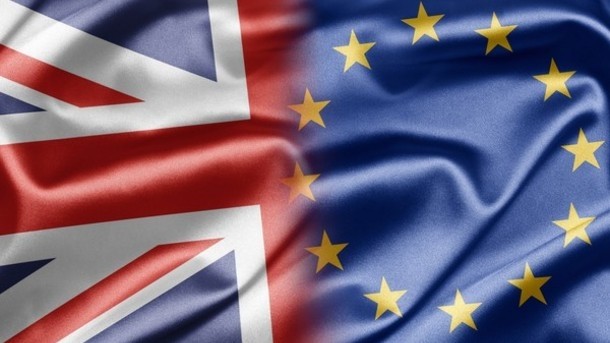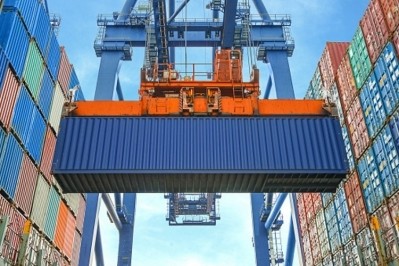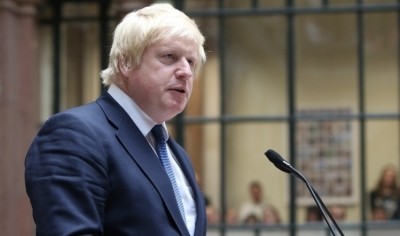Food industry critical of ‘dangerous’ tariff regime

Designed by the Government to avoid fuelling inflation once the UK leaves the EU on 31 October, the schedule would see 88% of total imports by value into the UK eligible for tariff-free access and would last for 12 months.
However, organisations in the industry have said this could lead to lower-quality food flooding the UK market.
Trade body Dairy UK said the temporary tariff schedule did not do enough to recognise the “real and imminent danger” a no-deal Brexit would have on the British dairy sector, which could cost industry £1.3bn in lost export potential.
The tariffs were described as cripplingly high and would make British dairy products uncompetitive on the EU market. This would translate to 150,000t of cheese and 33,000t of butter unable to enter the EU market and eventually flooding the UK market, creating the potential for farm-gate price collapses.
Diary UK chief executive Judith Bryans called on the Government to make a deal with the EU to prevent the uncertainty, instability and disaster a no-deal Brexit would cause for the industry.
Not enough to ensure survival
“We have repeatedly voiced our concerns over a no-deal scenario to the Government, as well as our concerns about this liberal tariff regime, which does not go anywhere near far enough to ensure the survival of the industry,” said Bryans.
“It’s time for the Government to start listening. We need fast and effective action now to protect the dairy industry and, in particular, British cheese, otherwise we’ll see some of our world-class dairy products, businesses and farmers fail.”
The Food and Drink Federation reiterated claims that the new tariff schedule was confusing and complex for business and was detrimental to consumers as well.
Policy manager Dominic Goudie pointed out that investment across the supply chain preparing for a no-deal Brexit meant prices were still likely to increase, regardless of the Government’s tariff decision.
“New tariffs will apply to some foods that are currently imported tariff-free, yet no tariffs will be applied to goods that cross the border between Ireland and Northern Ireland,” he added. “At the same time, UK exports to the EU will face the EU’s prohibitively high most-favoured-nation tariffs.
‘Massive trade distortions’
“These changes to tariffs facing both imports and exports will lead to massive trade distortions that will be bad for business and consumers alike.”
The Farmers’ Union of Wales (FUW) called the failure to realise tariff rates on imports of agricultural products from the rest of the world as a damaging “own goal” for the UK’s negotiating position and further failure to protect against low-quality imports.
“The FUW and other organisations have written repeatedly to Defra [Department for Environment, Food and Rural Affairs] ministers since February, highlighting the fact that Welsh and UK producers would be undermined if tariff levels were set at zero or low levels, but these warnings have been ignored,” said president Glyn Roberts.
“Setting low import tariffs and high Tariff Rate Quotas [the total tonnage below which no tariff charges apply] before entering negotiations with other countries also undermines our negotiating position. It’s like choosing to take a pen-knife to a gun-fight.”
Meanwhile, Defra has vowed to maintain food hygiene, following concerns that the UK would lower standards to match the US amid Brexit negotiations.
















